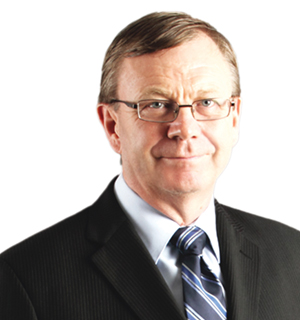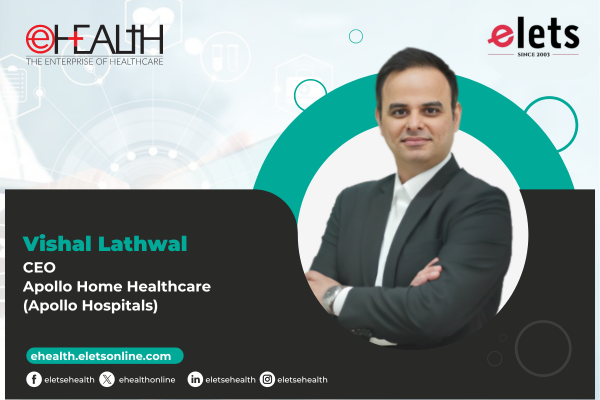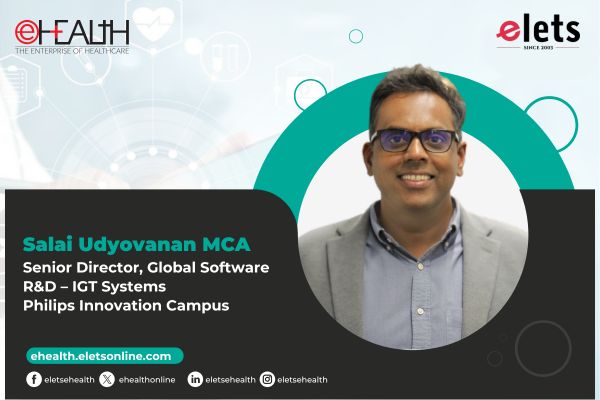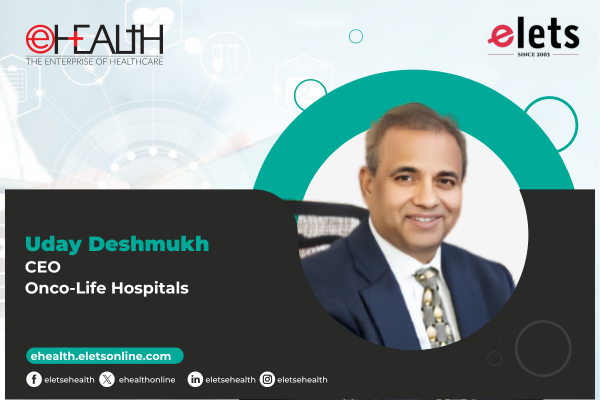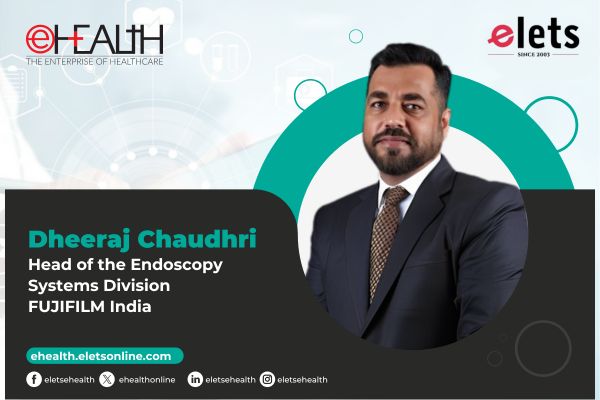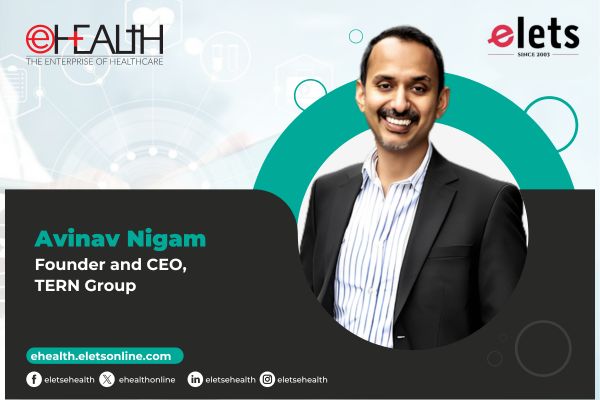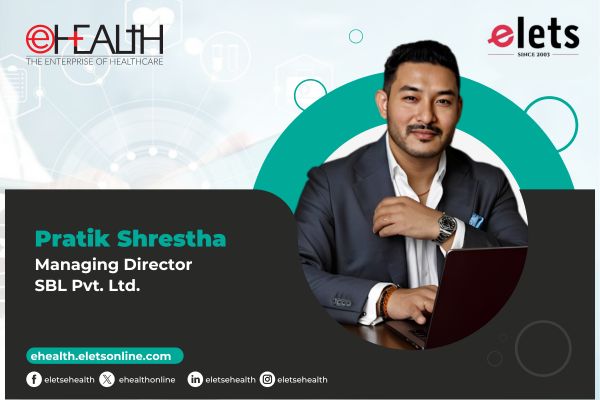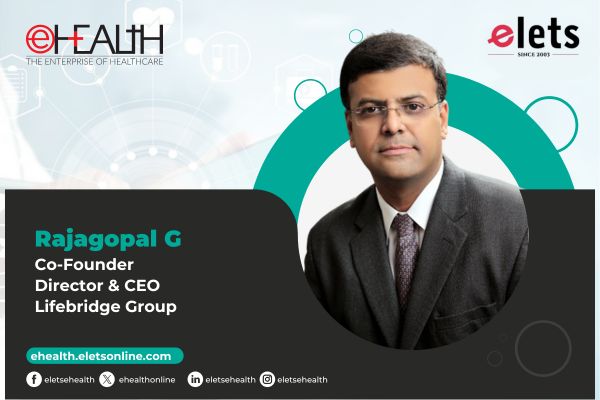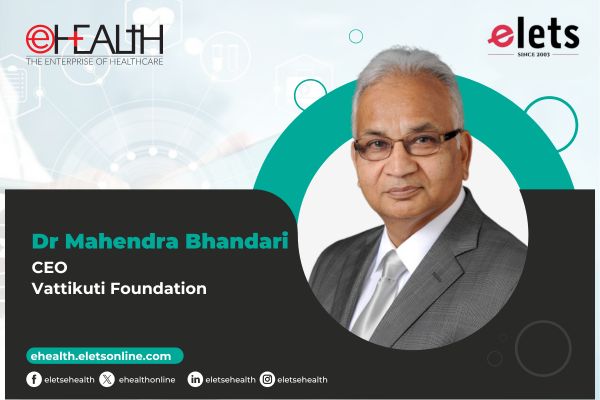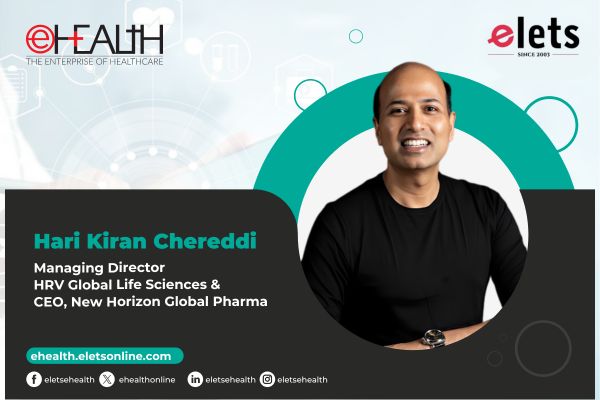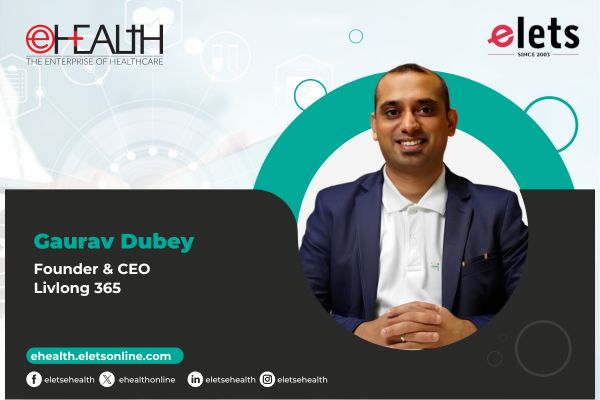Richard Guest, CEO, Siemens Healthcare, South Asia says, since the new government assumed office last year, people are feeling safer to invest in India
How do you perceive the Indian CT Scanners market? What are the drivers that are influencing this segment?

CT scanner is an evolving technology in India, as it is capable of diagnosing diseases early and accurately. Today, it is one of the most important tools of radiologists in the diagnosis of multiple diseases. Besides diagnosing cancer, CT scans is used in emergency care to diagnose fractures, haemorrhages, and the like. Applications are widely seen in the areas of neurology to diagnose stroke, aneurysms, in cardiology to diagnose coronary anomalies, stenosis uation and in many other fields.

Drivers that are influencing this segment in India include:

Demographic changes: The demographic changes are bringing in lifestyle disorders like cancers, diabetes, cardiovascular diseases. The need for early diagnosis of these diseases is critical for better patient management. The demand for innovative diagnostic solutions like CT scanners is thus increasing.

Accessible and affordable healthcare: Expansion of quality healthcare in tier II and III cities is making healthcare available to the people. This is further helping them to avoid travelling to bigger cities/metros for diagnosis and treatment, which is lighter on their pockets. Therefore, standalone diagnostic centres and hospitals are increasingly investing in hi-end diagnostic solutions like CT scanners.
Insurance: With large number of people opting for insurance, ability to avail quality healthcare has increased.
Tell us about your current operations in India and your expansion plans.
We are one of the few companies with expertise in both imaging and laboratory diagnostics, able to provide doctors with a holistic diagnostic approach.
In diagnostics, we provide a broad spectrum of immunoassay, chemistry, haematology, molecular, urinalysis, and blood gas testing systems and diagnostic tests, in conjunction with automation, informatics and services, which serve the needs of laboratories of any size.
In medical imaging, we provide the entire range of products from ultrasound to molecular imaging, including X-ray imaging, an giography, computed tomography and magnetic resonance tomography/imaging. A link between most of these modalities is the imaging software syngo, which provides a common user interface for all our modalities and supports our customers with a wide range of applications e.g. for workflow efficiency and diagnostic support.
At Siemens, we start with an idea and then work backwards to develop state – of – the – art manufacturing facilities, set up replicating global, best-in-class manufacturing systems and practices.
What do you think Make in India can do for Indian healthcare industry?
The 23 Siemens factories in India manufacture (Make in India) steam turbines, switch gear, remote monitoring systems (RMS), motors and generators, relays and smart grid systems, transformers, railway bogies, X-ray machines, and urine strips. The network of factories enables us to do things quicker and better than anyone else. Highly skilled people who are completely motivated to deliver best quality products at competitive prices carry out manufacturing activities.
Is Siemens looking to calibrate its strategies with Prime Minister Narendra Modis initiatives such as Make in India or smart cities?
Siemens is delighted to be part of the CII Smart Cities initiative. Cities drive economic growth, increased investment and job creation for millions of people who are increasingly converging on them with the hope of security and a better standard of living. For cities to be able to deliver true value, they need to be able to provide their inhabitants with the highest standard of living while ensuring sustained protection of the environment. Only cities, which are able to reach this equilibrium, will be capable of meeting todays challenges and can look forward to a more sustainable future. Siemens has the portfolio, the know-how, and the expertise to help cities become more liveable, competitive and sustainable.
Please comment on emerging trends and new technologies.
Healthcare in India is growing at a very fast speed. There is a huge demand for making quality healthcare accessible to the people in India. As a result of which, you will witness increase in venture capital investments in this segment. Unrelated business/corporate houses (i.e. non-medical professionals) have started investing in healthcare. Corporate hospitals have started expanding in tier II and III cities. Amongst other trends, penetration of insurance will see a massive jump. 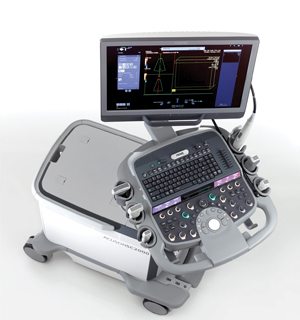
What are the innovative technologies Siemens Healthcare has been providing?
Part of our ultrasound portfolio is the worlds first wireless ultrasound system Acuson Freestyle. This new technology, which eliminates the impediment of cables in ultrasound imaging, expands ultrasounds use particularly in interventional and therapeutic applications where cables were an infection risk until now.
Talking about the larger machines, we have lab automation tracks called Aptio that can handle volumes of 100,000 tests in a day. Once such worlds longest track has been installed at Thyrocare Technologies in Mumbai, which is 93.5 m long.
One of the latest computed tomography products is the Somatom Force, a dual source computed tomography scanner with two X-ray tubes and detectors. This technology enables considerably quicker and more precise diagnoses at reduced dose.
In the field of magnetic resonance our newest scanner is the Magnetom Amira. This entry-level new 1.5-tesla MRI scanner offers the same technologies that are available on the Siemens flagship MRI systems. With so called dot.engines many examinations can be scheduled for a 10 minutes scan, enabling a larger throughput of patients in routine applications. The patient-friendly application Quiet Suite reduces sound pressure by up to 97 percent. Power savings of up to thirty percent can be achieved in standby mode compared to when the feature is not activated.
Another first is the Biograph molecular MR (mMR) system. This revolutionary system comprises a 3-Tesla MR scanner and an integrated PET detection system with an architecture that performs as one. In this system, Siemens developers have succeeded for the first time in simultaneously capturing MR and PET data with a whole-body system.
IT solutions to utilise big data in healthcare are another important part of our portfolio. Teamplay is a cloud-based network connecting healthcare experts and increasing the usability of the wealth of medical imaging data. It links hospitals and healthcare experts to provide them with the ability to exchange data and pool their knowledge. Teamplay as well makes it possible to uate information from the radiology department “ e.g. scanner capacity utilisation, examination times or radiation doses “ and to compare the numbers against in-house and third party reference values. This means imaging devices can be analysed in close to real time and their operation optimised based on the results, right down to individual device level.
What are your views on government regulation or any other challenges faced while operating the Indian market?
The government is working toward a permanent solution by trying to get to the root cause. The PM is concentrating on creating the right environment. The private sector will then decide for themselves what will be the right time to invest. Since the new government assumed office last year, people are feeling safer to invest in India.
Be a part of Elets Collaborative Initiatives. Join Us for Upcoming Events and explore business opportunities. Like us on Facebook , connect with us on LinkedIn and follow us on Twitter , Instagram.
"Exciting news! Elets technomedia is now on WhatsApp Channels Subscribe today by clicking the link and stay updated with the latest insights!" Click here!





